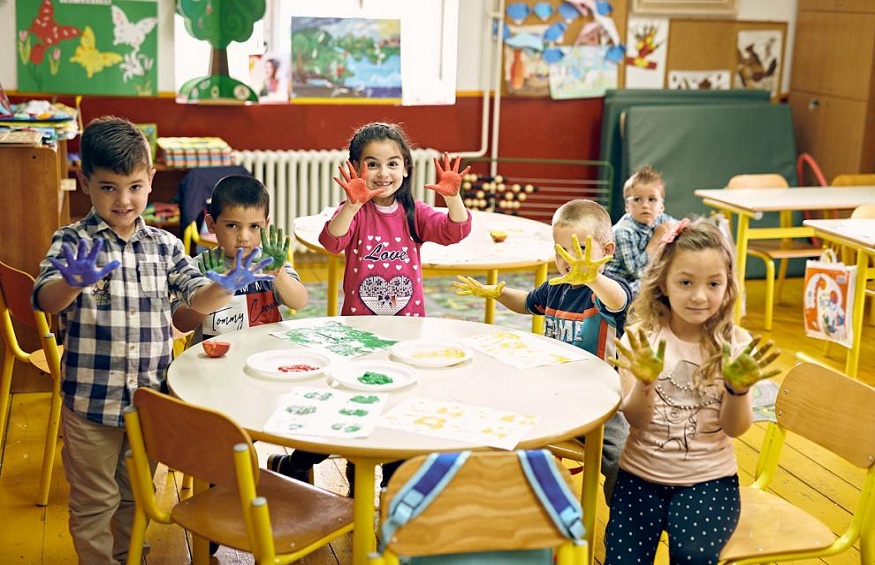Top 5 Reasons Why Outdoor Education Is Important for Kids
With everyone having witnessed the devastation that a global epidemic may cause, the freedom to spend time outside has grown in importance. At a time when worry and stress are on the rise, studies on the positive effects of nature and outdoor activities on our mental health and wellness confirm the value of these activities. When it comes to outdoor learning, everyone benefits: teachers, students, and their families. A youth charity can significantly enhance the accessibility of outdoor education for underserved children.
Images of activities in natural places often come to mind when discussing outdoor learning. Inorder to build a type of outdoor learning that meets specific educational goals, creativity should be prioritized in terms of purpose and location.
Develops Life Skills
Another advantage is the development of problem-solving and teamwork skills, as well as communication skills and opportunities to express oneself. Children participating in Forest School activities throughout the year build resilience to weather, obstacles, and risk. When attempting to solve a problem, it is critical to communicate effectively and interact with others. This includes giving and accepting comments, listening, and making their voices known. Nothing makes children happier than jumping in puddles and feeling the raindrops on their faces. Engaging in after school activities that promote outdoor education fosters their holistic development.
Sense Of Gratitude And Freedom
Children who are less academically gifted often thrive in outdoor learning environments that are process-oriented rather than goal-oriented. There is no academic requirement to pass an exam or jump through a hoop, and many students who are deemed ‘difficult’ in the classroom find a home in outdoor learning activities. They can be in a ‘good place’ outside and want to write about it in a diary or journal. I’ve seen children express thanks for cloud patterns, rainbows, animals in the sky, and other natural phenomena.
Positive Connect With Our Natural Environment
Outdoor learning activities help children build a more empathic interaction and connection with the environment around them. They become more conscious of Seasonal variations, weather differences, animal habitats, weather effects, how this affects their bodies and minds, and how their choices impact the environment.
It Fosters Imagination And Resourcefulness
We may encourage children to take risks physically, mentally, socially, and emotionally by providing chances for outdoor learning. We must teach risk management because, in today’s world, when dangers are frequently removed, children and society are growing more risk-averse, both physically and emotionally, and avoid everything they are unsure about.
Hands-On Experiences Inspired By Students
According to research, learner-led investigations improve information retention and promote curiosity and motivation, demonstrating a direct link between focus and outdoor learning. This technique is promoted by Forest School, which typically provides open-ended opportunities for children to expand on what they’ve previously learned. If a youngster wants to make anything, we can teach them how to use tools, tie knots, and construct shelters, but it is up to the child to select what their creation will look like.
Child-led activities include creating a birdhouse at a bug hotel, sowing wildflower seeds, and painting nature. If the school has access to an outdoor classroom where children can participate in outdoor activities all year that is even better. Participating in the duke of edinburgh bronze program can be a valuable avenue for young individuals to experience personal growth and development through outdoor activities.
Bottom Line
For various factors, including access, safety issues, and parental concerns, opportunities for children to enjoy outside environments appear to be dwindling. While an increased emphasis on academic achievement may put pressure on schools to stay in the classroom, outdoor learning activities must be a component of the school curriculum.



